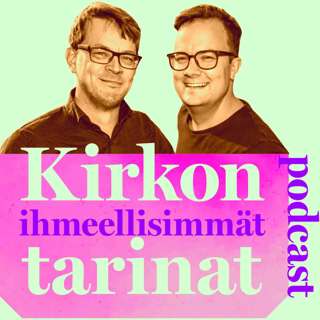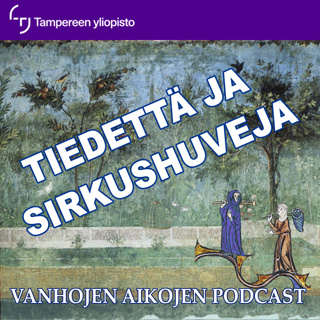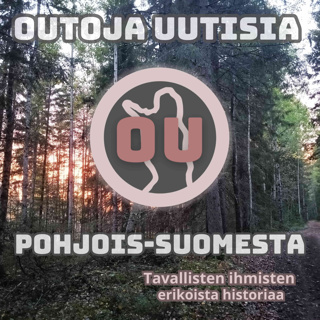
Hayek's The Road to Serfdom
Melvyn Bragg and guests discuss the Austrian-British economist Friedrich Hayek's The Road to Serfdom (1944) in which Hayek (1899-1992) warned that the way Britain was running its wartime economy would...
14 Marras 202453min

Robert Graves
Melvyn Bragg and guests discuss the author of 'I, Claudius' who was also one of the finest poets of the twentieth century. Robert Graves (1895 -1985) placed his poetry far above his prose. He once de...
7 Marras 202454min

The Haymarket Affair
Melvyn Bragg and guests discuss the notorious attack of 4th of May 1886 at a workers rally in Chicago when somebody threw a bomb that killed a policeman, Mathias J. Degan. The chaotic shooting that f...
31 Loka 202451min

Wormholes
Melvyn Bragg and guests discuss the tantalising idea that there are shortcuts between distant galaxies, somewhere out there in the universe. The idea emerged in the context of Einstein's theories and ...
24 Loka 20241h

Benjamin Disraeli
Melvyn Bragg and guests discuss one of the major figures in Victorian British politics. Disraeli (1804 -1881) served both as Prime Minister twice and, for long periods, as leader of the opposition. Bo...
17 Loka 202451min

Bacteriophages
Melvyn Bragg and guests discuss the most abundant lifeform on Earth: the viruses that 'eat' bacteria. Early in the 20th century, scientists noticed that something in their Petri dishes was making ba...
1 Elo 202450min

Karma
Melvyn Bragg and guests discuss the doctrine of Karma as developed initially among Hindus, Jains and Buddhists in India from the first millennium BCE. Common to each is an idea, broadly, that you rea...
18 Heinä 202450min





















